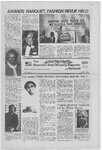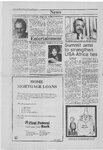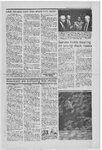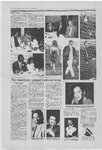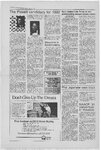Mountain West Minority Reporter and Sentinel | 1991-06-19 | Page 3
| Type | issue |
| Date | 1991-06-19 |
| Paper | Mountain West Minority Reporter and Sentinel |
| Language | eng |
| City | West Valley City |
| County | Salt Lake |
| Category | African American |
| Rights | In Copyright (InC) |
| Rights Holder | M. Artherner Givens |
| Publisher | Digitized by J. Willard Marriott Library, University of Utah |
| ARK | ark:/87278/s6eht19y |
| Reference URL | https://newspapers.lib.utah.edu/ark:/87278/s6eht19y |
Page Metadata
| Type | page |
| Date | 1991-06-19 |
| Paper | Mountain West Minority Reporter and Sentinel |
| Language | eng |
| City | West Valley City |
| County | Salt Lake |
| Category | African American |
| Page | 3 |
| Reference URL | https://newspapers.lib.utah.edu/ark:/87278/s6eht19y/30528764 |
